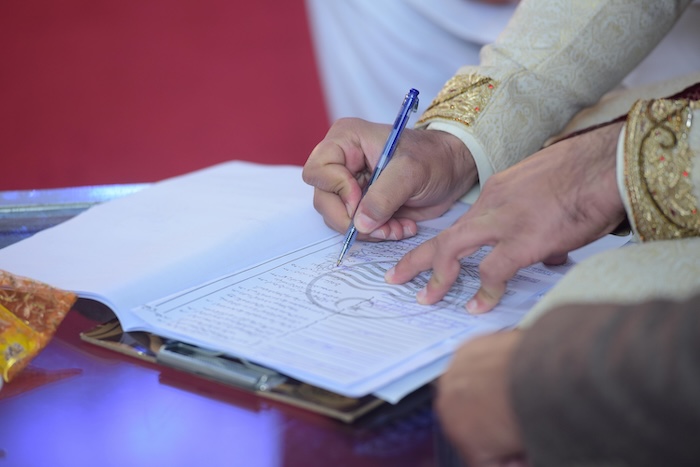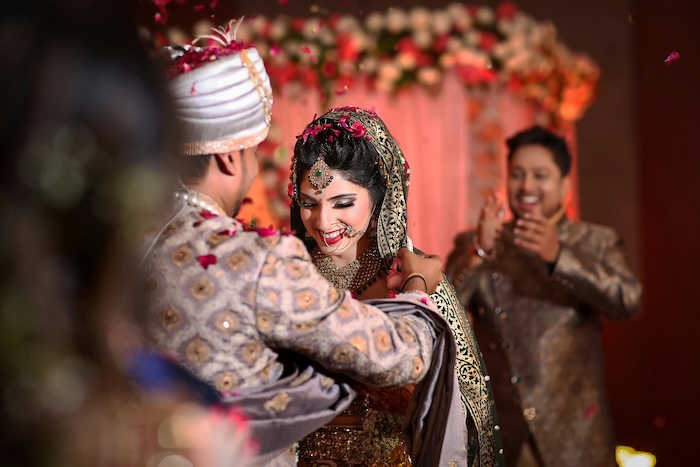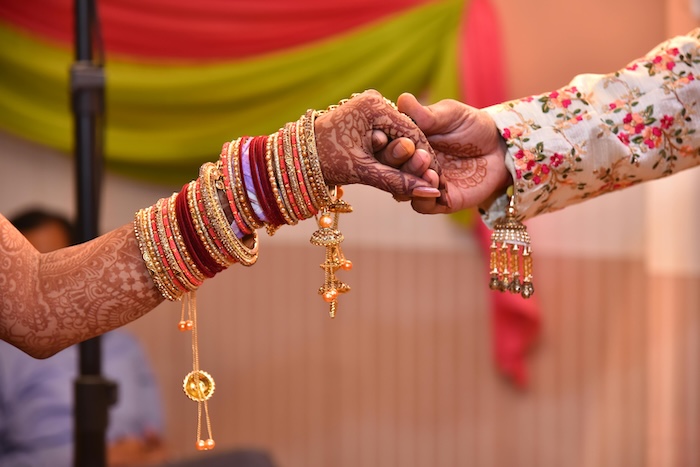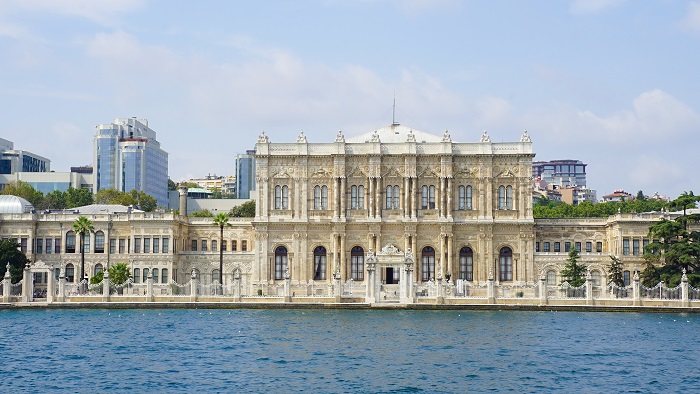Ever dreamed of exchanging vows with the breathtaking backdrop of Istanbul’s skyline or the serene beauty of Cappadocia’s fairy chimneys? Getting married in Turkey is a romantic fantasy but it sure comes with some legal nuances that you (or your wedding planner) should be ready to tackle. Just like Nusrat Jahan and Nikhil Jain, who chose this enchanting land for their nuptials, you too can make your wedding dreams come true. But first, let’s dive into the essential legal requirements to get married in Turkey!
The Basics of a Legal Turkish Wedding
First things first: only civil marriages are legally recognized in Turkey. If you’re envisioning a traditional religious ceremony, that’s wonderful! However, keep in mind that this will need to follow a civil ceremony to be legally binding. So, get ready to make the local marriage office your first stop.
Essential Facts for Getting Married in Turkey
- Civil Marriage Only: In Turkey, only civil marriages are legally recognized. Any religious ceremony must follow the civil one to be legally binding.
- Residency Requirements: There is no minimum residency period, but it’s recommended to arrive at least 3 days before your wedding to process the documentation.
- Waiting Period: Women may need to wait 300 days after divorce, annulment, or widowhood before remarrying, depending on the local registrar.
- Translator: An interpreter is required if either partner does not speak Turkish.
- Religious Ceremonies: Religious ceremonies can be held in addition to the civil ceremony, but they hold no legal standing in Turkey.

Eligibility and Nationality
When it comes to marrying in Turkey, understanding the legal requirements is crucial:
- Turkish Nationals and Foreigners: Turkish nationals can marry foreigners, and two foreigners from different nationalities can also marry in Turkey. The marriage ceremony must be officiated by Turkish authorities, and religious weddings are not legally recognized.
- Same Nationality Couples: If both partners are foreigners and share the same nationality, they can choose to marry in either their country’s Embassy or Consulate in Turkey or in Turkish Marriage Offices managed by local municipalities.
Marriage License & Application
For foreign nationals, the journey to a legally recognized marriage in Turkey begins with paperwork. Here’s a rundown of what you’ll need:
- UK Nationals: You’ll need to swear an Affidavit for Marriage, which must be legalized before arriving in Turkey.
- Other Nationalities: Obtain a Certificate of No Impediment (CNI), often called a Certificate of Capacity to Marry or Certificate of Celibacy, from your home country. Depending on where you live, this certificate might be sent to a Turkish Embassy or Consulate for processing.
Once you’ve got your CNI, you’ll need to visit the local marriage office in Turkey to file your marriage application. Don’t forget to bring along your Certificate of No Impediment, Birth Certificate, and Passport, all translated into Turkish and authenticated by the local Governor’s office.

Required Documents for Marriage
To ensure your marriage in Turkey proceeds smoothly, you’ll need to prepare the following documents:
- Marriage Petition (Evlenme Beyannamesi): Both partners must submit a marriage application in person at the Municipality (Belediye) where the wedding will take place.
- Passport and/or Birth Certificate: These documents must be translated into Turkish by the Turkish Embassy in your home country or by a certified notary within Turkey.
- Health Certificate: Obtain this from a state-run medical institution in Turkey (Saglik Ocagi or Devlet Hastanesi), as reports from private clinics are not acceptable.
- Passport-sized Photos: Provide six recent passport-sized photographs of both the bride and groom.
- Certificate of Capacity to Marry (Certificate of Celibacy): This document, which shows your marital status, must be sourced from your home country’s Civil Status Register. If it’s issued abroad, it needs to be certified by the Turkish Consulate or Embassy or have an apostille. This certificate must also be translated into Turkish and notarized.
- Accommodation Proof: If both partners are foreigners, a confirmation letter from your hotel indicating your stay and departure dates is necessary.
The Ceremony
Your wedding will need to be conducted in the presence of two witnesses—note that immediate family members can’t be your witnesses. If you or your partner don’t speak Turkish, an interpreter will be necessary to translate during the ceremony.

Medical Examination & Proof of Stay
Depending on where you’re getting married, you might need to undergo a medical examination and a blood test. Also, be prepared to show proof of your stay in Turkey, usually a confirmation from your hotel.
Legalities & Restrictions
Turkish law is strict about who can marry. You must be mentally capable of making fair judgments and meet the minimum age requirement of 18. Additionally, marriages between close relatives are prohibited, and you must not be already married. If you’re recently divorced or widowed, be prepared for potential waiting periods. In some Turkish regions, women may need to wait 300 days before remarrying.
Same-Sex Marriages
It’s important to note that same-sex marriages are not recognized in Turkey.
Conclusion
With luxurious venues like D Maris Bay in Marmaris and the Mandarin Oriental Bodrum, Turkey offers an unforgettable setting for your special day. While the process is straightforward, being organized is key. Remember, a civil ceremony is your ticket to a legally binding marriage, so plan accordingly. It is best to leave all the legal details to an experienced wedding planner in Turkey who will do everything on your behalf. Just make sure to be informed from time to time and land in Turkey well before your big day to allow time for documentation. Cheers to a love-filled celebration in one of the world’s most enchanting destinations!




